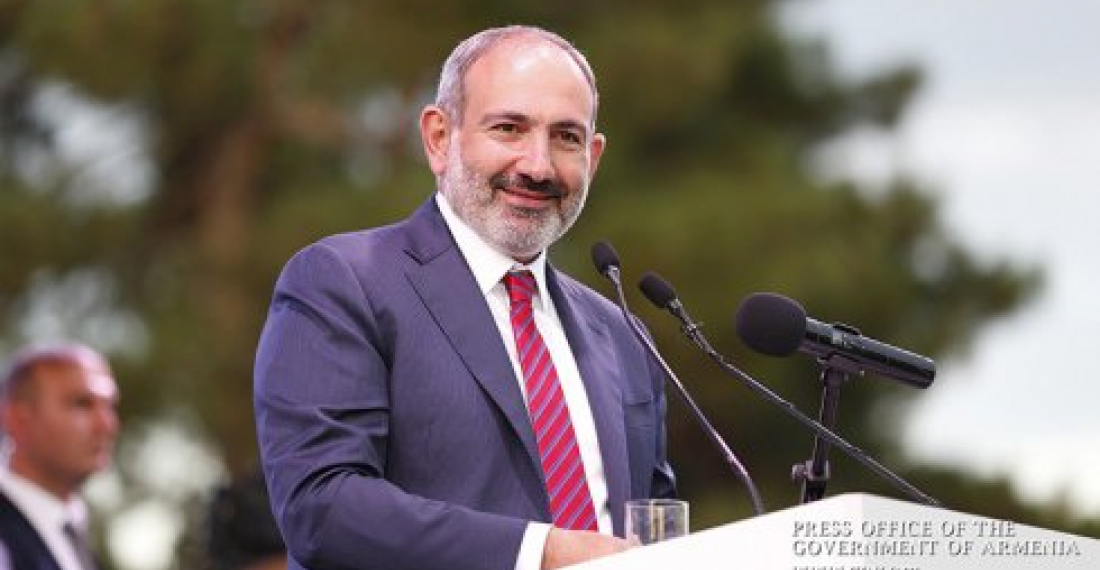Armenian Prime Minister, Nikol Pashinyan, on Monday (5 August) arrived in Stepanakert in Nagorno-Karabakh, for a working visit and the opening of the 7th Pan-Armenian games.
In a speech delivered later at a rally in Stepanakert’s central plaza, the Prime Minister spoke about a number of strategic development goals for Armenia to be achieved by 2050. These included:
- an increase of the Armenian population to 5 million people;
- the creation 1.5 million jobs and elimination of poverty;
- to have at least five companies worth $10 billion as well as over 10000 start-ups;
- to increase GDP 15 times;
- a seven-times increase to average salaries;
- to rank in the top-20 countries in the army’s combat readiness index, with a top-10 ranked intelligence service;
- a 20-times increase to healthcare spending and to increase access to healthcare by 100-percent;
- and to increase education spending 20-times
The Prime Minister has also expressed his desire for the Armenian football team to win one European or World Championship by 2050; to win at least 25 Olympic gold medals; and to hold the title of the individual world chess champion.
Within his speech, some have noted an increase in Pashinyan’s rhetoric surrounding the unification of Armenia with the de facto "Republic of Artsakh". Some accounts on twitter report the Prime Minister leading chants of ‘Miatsum’ – a concept and slogan from the 1990s, which supports the unification of the disputed region of Nagorno-Karabakh with Armenia. The Prime Minister is also reported to have expressed, “Why don’t I pronounce the word Artsakh? Yes, because Artsakh is Armenia, and that’s the end of it!”.
The speech was harshly criticised by the Azerbaijani government.
The Pan-Armenian games, created in 1999, were originally intended to be held every two years; however, since 2003, the games have taken place once every four years. Traditionally held in de jure Armenia, this is the first time that the games have been held in the disputed territory of Nagorno-Karabakh.
Sources: commonspace.eu, Panorama.am, Eurasia.net, JAMnews, agencies
Photo: Nikol Pashinyan, Prime Minister of Armenia







